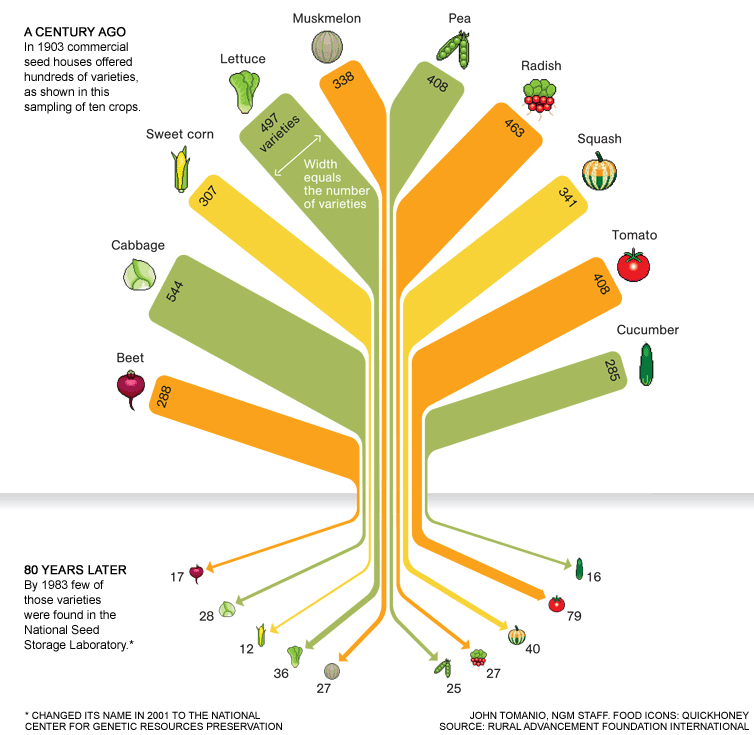What the big tree in my front yard taught me about being a woman
Free women are offensive.
This is due to the social obligation that female-bodied humans have to conform, to be acceptable according to a narrow set of standards. To be quiet, polite, tucked in, soft, predictable and tamed.
The true nature of woman – just as it is with all of nature, all of creation – is wild. Women – because of their blood connection with the cycles of nature – the waxing and waning of the moon, the ebbing and flowing of tides, the blossoming, fruiting and shedding that their bodies pass through in a lifetime, are, in their natural state, more wild than men. So that I’m understood clearly, when I say wild, I don’t mean crazy, or dangerous or daring; I mean that which is unbound, untamed, uncivilized. Wild like birds that come and go according to some unseen rhythm, or wild like flowers that sprout and grow whenever and wherever they please. Or wild like the tree in my front yard.
The big tree in my front yard doesn’t give a fuck about me. It doesn’t give a fuck that I paid my yard guy to clear all its leaves away not even a week ago. Or that her leaves blanket not only my yard, but the yards of my 3 closest neighbors on both sides of the street (it’s a wonder they haven’t sent me their yard guys’ bills). It doesn’t give a fuck that the Uber Eats delivery driver has to pick her way carefully up the walkway to my front door, wading thru the latest deposit of fallen fall leaves and last-of-the-season seed pods. It doesn’t give a fuck that I nearly twist my ankle nearly once a week on said seed pods, or that I curse her like Yosemite Sam whenever I do. She has a tendency to grow moss up her right side when the weather is moist, and a penchant for dropping her scraggliest branches on my lawn and driveway when the wind picks up. No doubt, even now as I write this, her roots are snaking down into the ground, towards the pipes that carry my waste away from the house, seeking to break them open so she can better use my organic matter to fuel her slow and steady growth.
No, the big tree in my front yard doesn’t give a fuck about any of that. It simply exists. It abides by its nature. It flowers and lets fall according to the seasons. It provides abundantly and matter of factly - neither benevolently nor magnanimously - to all nature of organisms... squirrels, butterflies, hummingbirds, exotic seen-only-once-a-year moths. It almost certainly predates me, and will very likely survive me. It’s she who denotes the location of my simple blue cottage to first time visitors. More than the numbers affixed to my mailbox post. Certainly more than my almost-invisible driveway. I even bought a sparkling belt of lights to wrap around her mid-trunk, so that newcomers will know where to stop, where to turn. “It’s the house with the big tree out front with lights around it.” They arrive now without panic, confused texts or calls to ask, “where?” or, “which?” Her presence says unmistakably, “here”. It gives certainty to the would-be lost.
Why did no one ever think to cut her down? I wonder, as i sit on my front porch, sipping coffee, contemplating her grandness. Or at least prune her? She’s mine now, so that duty (aka, expense) falls to me, but who in the hell let her grow so wild and wide and wanton in the first place?
I meditate on this tree a lot. On how little of a fuck it gives and how much of a nuisance it is and how majestic and beautiful and necessary it is in spite of all that. Of how much, in its messy necessity, it reminds me of the wild women I know. The big tree women.
Of big tree women and bonsai women
Big trees like the one in my front yard are beautiful to us civilized folks only until they become a nuisance to our civilized lives. The tree is lovely and majestic until one of its branches reaches too far over our carefully constructed homes and threatens to damage what we’ve built. Or until its roots begin to creep and spread in their endless search for sustenance and start to buckle up the smooth pavement we’ve poured over them or until their leaves and seed pods begin to clutter up our perfectly manicured lawns and clog our straight, clean gutters.
This is how women are naturally. Lovely, majestic things whose wildness is an inconvenience for a civilized society. Their unpredictability is a threat to a stable, controlled way of living. As trees provide an essential element we need for life to exist, women provide the essential portals through which human life flows. We’ve not yet found a way to control the oxygen that trees provide us (though no doubt some scientist, somewhere is working on it), but we’ve found ways to control women and our collective access to the life force they hold within themselves.
In doing so, we’ve made these wild, inconvenient trees into bonsais. Beautiful still, yet dwarfed and carefully, meticulously deformed. The same tree that is made into a bonsai would naturally exist somewhere on the edge of a cliff, perhaps. Beautiful to behold, but unable to be possessed.
“If you set a bonsai in a window that overlooks a wild, untamed forest, would it feel jealousy? Would the forest silently long for the warm, homed comfort of the bonsai?”
So in order to take this unreachable, unattainable thing and make it an owned object, it is plucked from its natural state at an early age, placed in a small container and wrapped tightly with restrictive wires, pruned and clipped until it adopts a new shape and scale. One that can easily fit on a shelf or a table or a mantel and be pointed to while saying, “That is mine. See how lovely?”
Yet there are some women who, through magic or folly or lack of training, have escaped the small pot, the stiff wires, the sharp pruning shears. They remain full-sized. They live in plain sight, but in a state that makes them seem unattainable, unable to be possessed. And, while beautiful, they are also disturbing, even offensive to a world that has come to define tree as bonsai and woman as domesticated house pet.
It may be some time for these women to even become aware of the offensiveness of their particular brand of existence. They may go years or decades before even recognizing that there’s anything unique or different or unusual about them. But eventually, they find out. It usually comes to them first when they are shunned by other women. Bonsai women who look at them and proclaim, ‘Ugh. Too big!’ Too wide. Too all over the place. Taking up too much space. To the bonsai woman, the big-tree woman is grotesque.
It will later come to her when she decides that she wishes to be within a certain space – a shelf or a table or mantel she desires to be set upon and adored from. She will attempt to fit herself into these coveted spaces, but will soon realize that it is impossible. That she would need to cut off much of herself to even try to fit in and be accepted and admired by a lover, a group of colleagues or even the bonsai women who are her kin.
Some of these big-tree women will spend the rest of their lives trying to do just that, however, chopping off more and more of themselves, trying to fit their big roots into tiny pots that eventually break and shatter, or trying to balance their full-grown selves on top of tables and mantels that buckle under their weight. Ignoring the physics of the matter in a desperate need to be possessed by someone.
Those who figure things out ultimately discover that belonging to, rather than being possessed by is what differentiates the big-tree woman from the bonsai woman. That belonging to is really the only thing other than complete wildness that a big tree woman can aspire to. Since she will never be able to shrink herself to fit into a place of possession, she will instead need to seek out spaces where she simply belongs. Where she can exist as her full self, in ground that nurtures and keeps her in place. Where she can be tended to, admired, adored, appreciated and allowed to give freely of herself without being begrudged for branches that spread too wide or roots that buckle concrete or leaves that fall here, there and everywhere. Where she does not run the risk of being cut down and used up or consumed to be someone else’s shelter or warmth.
A big tree woman who finds such a space is lucky. A big tree woman who learns how to create such a space for herself is blessed. A big tree woman who shows bonsai women that it’s ok for them to become big tree women (if they so desire) and shows them how or encourages them to find their own way of breaking out of their pots and unwrapping the tight wires from their branches is magic. She is in league with the universe and an agent of both God and nature.






